You're minding your own business, going about your day, and suddenly, there's a weird, not entirely pleasant taste in your mouth. What is that? It tastes like you've been chewing on a fork all of a sudden, or snacking on some old pennies.
But unless you've been doing those things (which we don't recommend, by the way), there seems to be no reason whatsoever for this sudden assault on your sense of taste.
It turns out, though, that a metallic taste in your mouth is actually not uncommon, and is usually a symptom of some other, underlying issue.
The reasons behind the taste can range from harmless to urgent, so it's important to pay attention to how often you experience this taste, and if other symptoms seem to be connected to it.
The best way to figure out why the taste is occurring is to really pay attention to it. Write down instances if you have to, and see if there's a connection.
Your body is pretty amazing at communicating what's going on, but we have to know what to look for to take the right action for our health.
If you've ever been bothered by the taste of old pennies on your tongue, read on to see what might be behind this strange occurrence.
Have You Ever Tasted Something Metallic In Your Mouth?
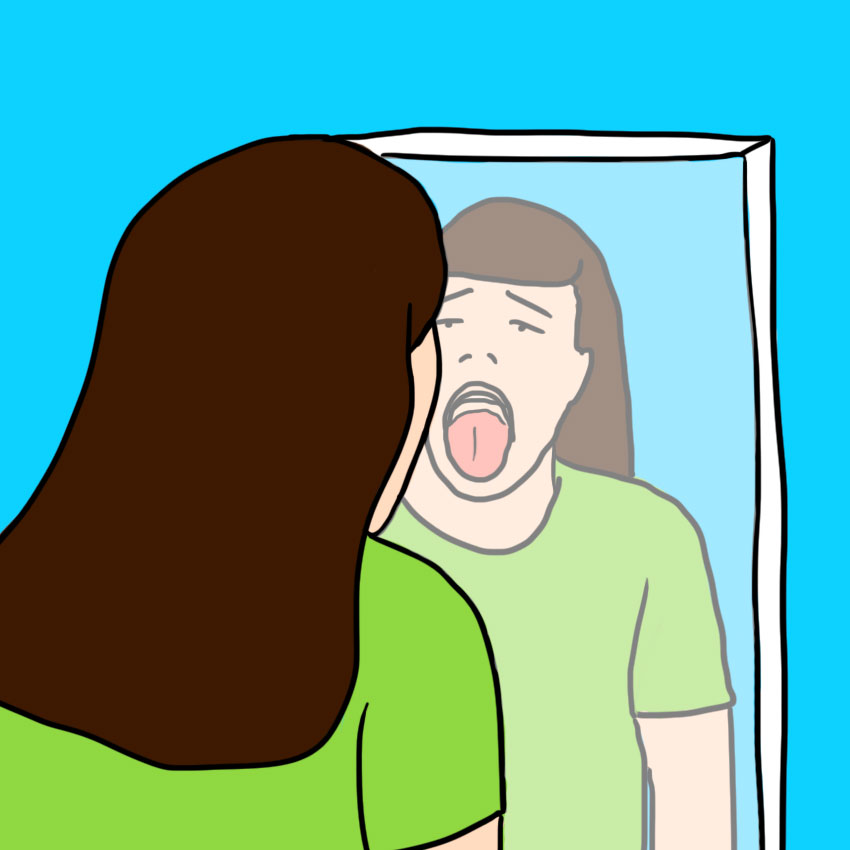
The taste might be strong or mild, and it might come on all of a sudden or be something you realize you've been tasting for a while.
Typically, it's the taste of old pennies. You might even think you're tasting blood, but your mouth won't be bleeding.
It turns out this mysterious and unpleasant taste can be caused by a number of issues, some serious and some not.
To tell the difference, pay attention to when you sense the taste, what you were doing when and before it appeared, and if there are any other symptoms that appear at the same time.
Cause #1: Poor Oral Hygiene
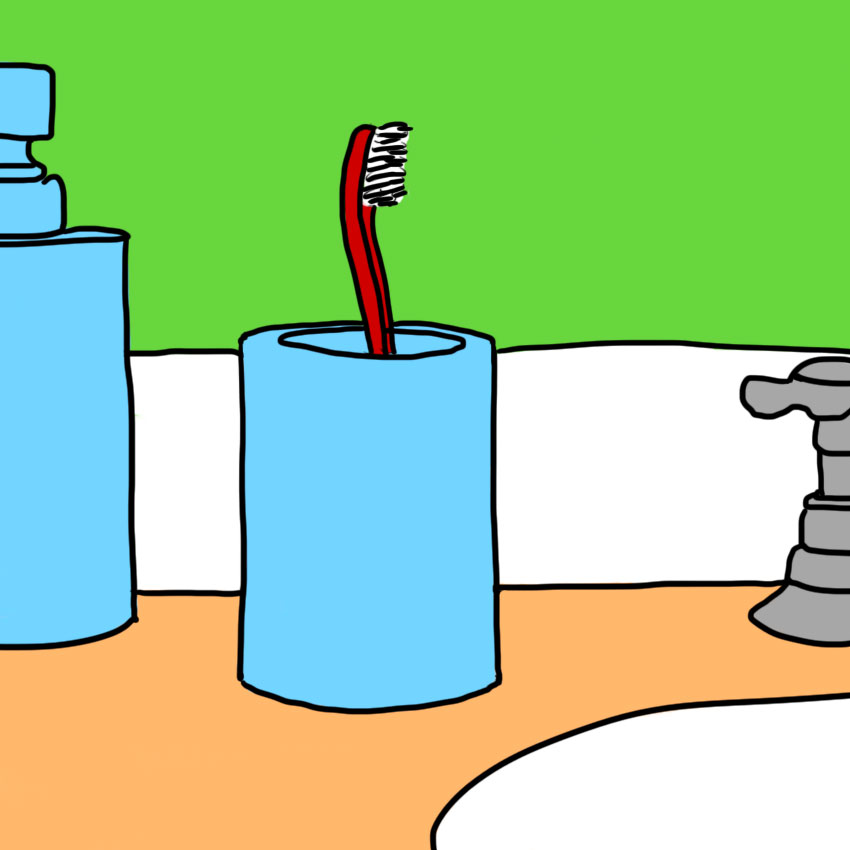
One of the most common causes for the gross taste is simply being a little negligent when it comes to brushing and flossing.
Not keeping your teeth and gums squeaky clean can lead to infections, which can have that old-penny taste.
Make sure you're brushing and flossing regularly, and if you think you have an infection, see your dentist.
You may need a prescription or just to clean up more. The metallic taste will go away when the infection clears up.
You should also be sure to drink plenty of water to keep the mouth fresh and hydrated.
Cause #2: Prescription Medications

Some antibiotics and medications can cause a metallic taste in the mouth as a side effect.
This is because the body absorbs their components, which can come out through saliva.
Medications that cause dry mouth, like some antidepressants, can also cause this taste. This side effect isn't dangerous, but it can be unpleasant.
If your medication is at fault, try drinking more water or popping a mint to cleanse the taste, or talk to your doctor about options.
Cause #3: Over-The-Counter Supplements
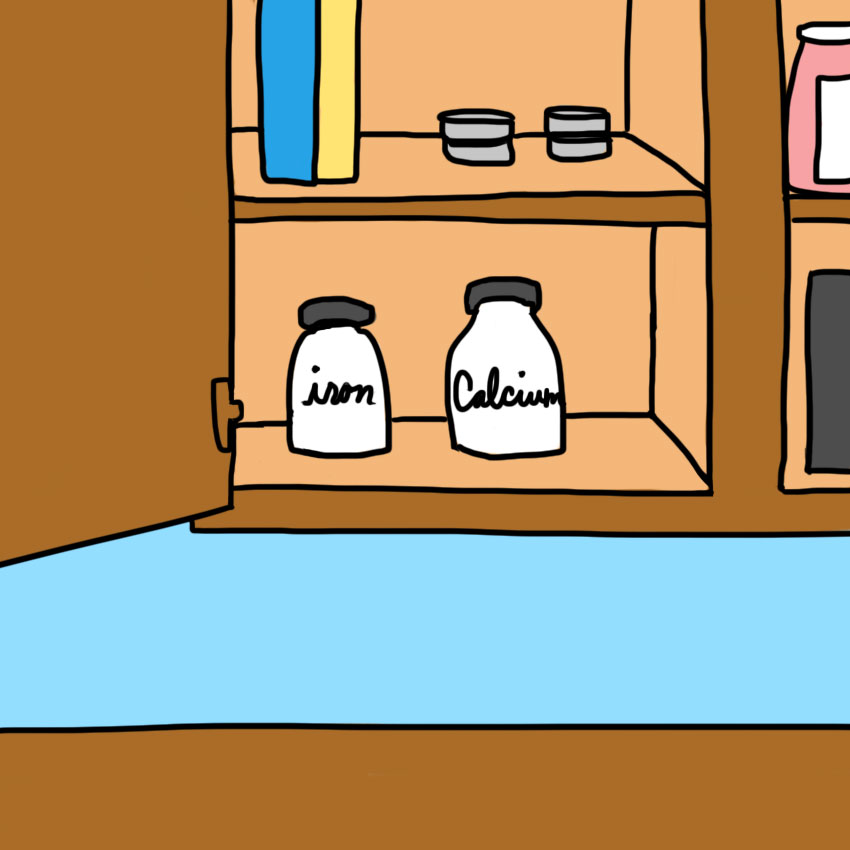
Just as your body absorbs elements from medications, it also absorbs them from supplements.
If you take supplements of iron, zinc, copper, or chromium, you might find they're causing a metallic taste on your tongue.
Typically, the taste occurs only when you start taking the supplements, as your body adjusts to the new levels, then goes away.
If it doesn't, consult a doctor and check your dosage.
Cause #4: Respiratory Infections

Changes in your sense of taste, including thinking you taste metal, can also be a symptom of infections of the respiratory system, sinusitis, and colds.
Since your senses of smell and taste are linked, infections of the nose and airways can affect taste.
A metallic taste caused by an infection will go away as soon as the infection clears up.
Cause #5: Pregnancy
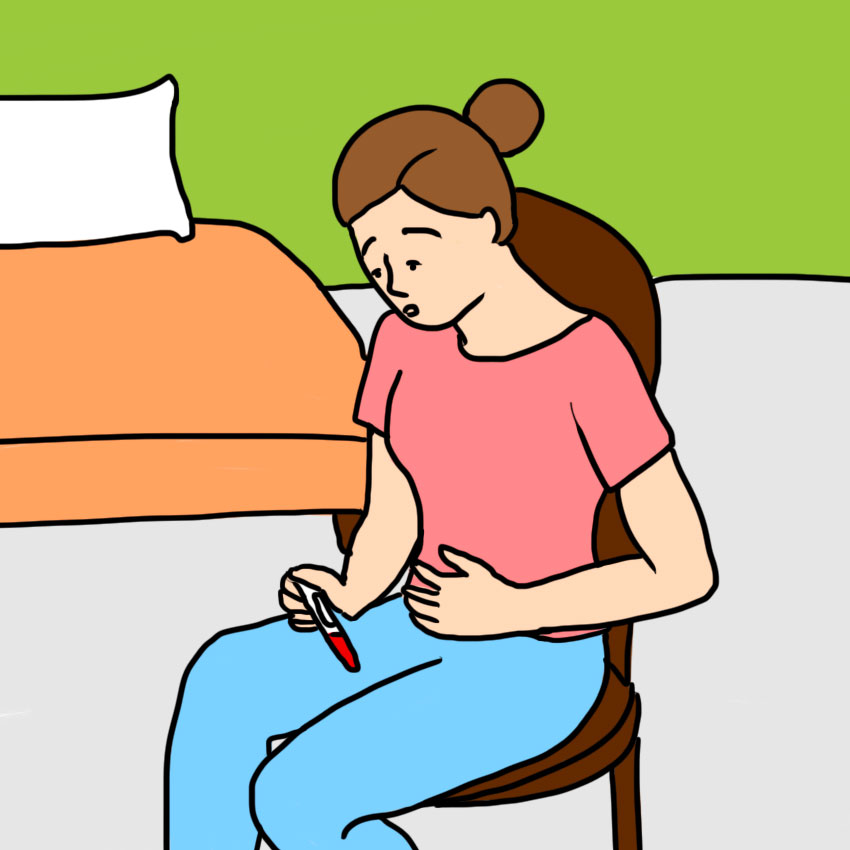
Pregnancy, especially in the early stages, can affect the sense of taste, and that includes tasting that coppery, penny-like taste. This is normal, and usually goes away on its own.
Obviously, keeping track of any changes to your body during pregnancy is very important, so if you notice anything strange during pregnancy, talk to your doctor immediately.
Cause #6: Chemical Exposure
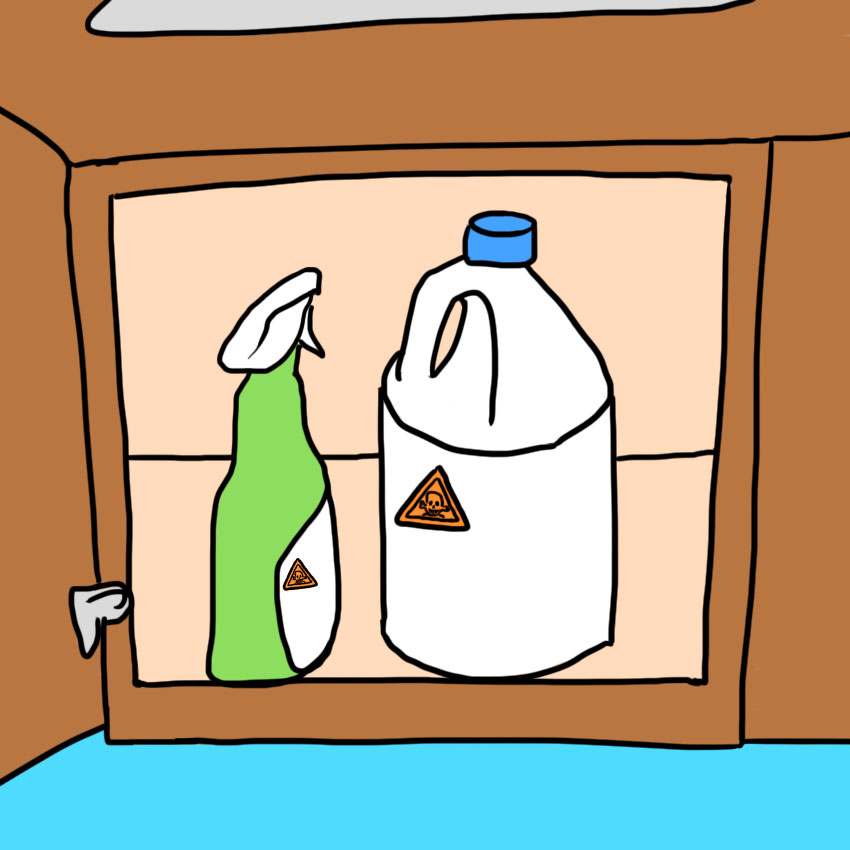
If you work with or near hazardous materials, these can also lead to a metallic taste in your mouth.
In fact, the taste is a common side effect of exposure to mercury and lead.
If you think you've been exposed to these toxic metals, talk to your doctor and get tests done immediately.
Cause #7: Cancer Treatments
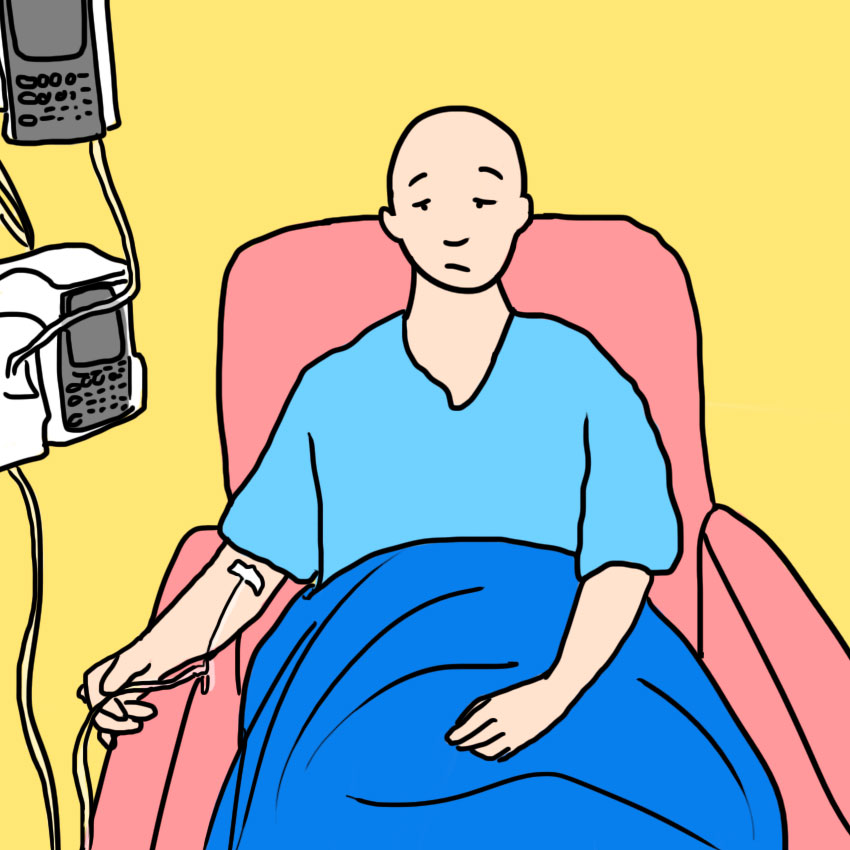
Chemotherapy and radiation treatments for cancer often come with a metallic taste as a side effect (along with many others). This is due to the materials of the medicines in chemo.
Typically, this is a normal and expected side effect of cancer treatments, and, like with other medical side effects, can be mitigated with some extra care.
Talk to your doctor about what you can do to ease it.
Cause #8: Dementia

Taste abnormalities are a common symptom of dementia.
Dementia damages the brain, and when the nerves connected to and controlling taste become damaged, it can result in strange tastes.
Dementia typically comes with many other symptoms, but strange tastes is a common one.
Cause #9: Kidney Or Liver Issues
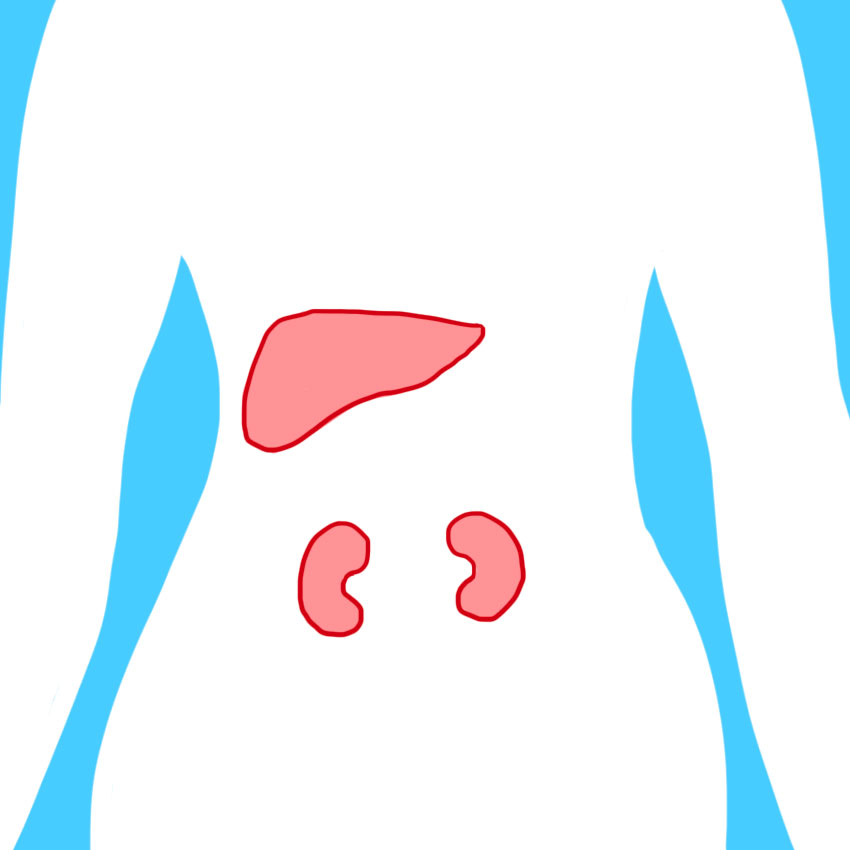
A metallic taste can also be indicative of liver and kidney issues, as it can mean these organs are not properly filtering material out of your body.
If the metallic taste has a bitter edge to it, it might be a sign that your liver is sluggish and backed up with bile.
If there's an ammonia-like taste, though, it can be a sign of a kidney issue, as ammonia is an ingredient in urine.
If you taste it in your mouth, it means it's not being flushed out by the kidneys. It can also be indicative of diabetes. Consult a doctor if you think this might be an issue.
Have you ever experienced the strange taste of old pennies? What did you do to clear it up?
Let us know in the comments, and SHARE this important information with everyone you know!




